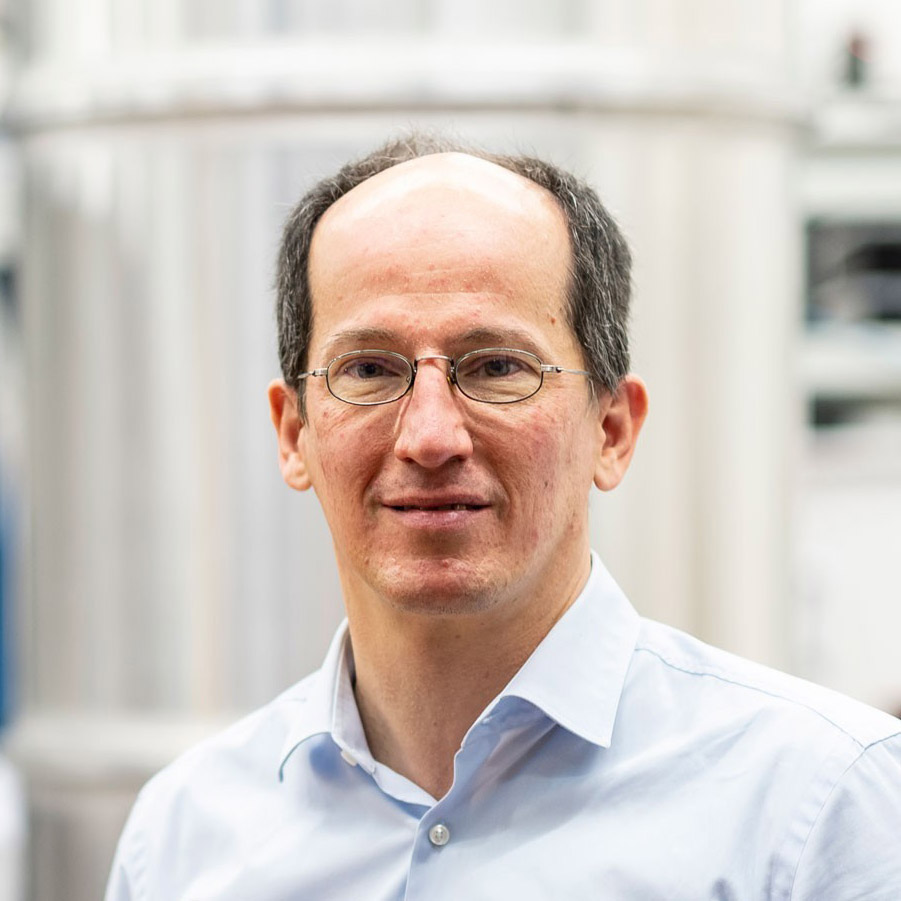09:00 am, March 28
Error-Corrected Logical Qubits for Superconducting Quantum Processors
Superconducting electronic circuits are ideally suited for studying both the foundations of quantum physics and its applications. Since complex circuits combining hundreds or thousands of circuit elements can be designed, fabricated, and operated with relative ease, superconducting quantum circuits are one of the prime contenders for realizing quantum computers. For fault-tolerant operation, universal quantum computers must correct errors occurring due to limited control accuracy and unavoidable decoherence. Therefore, quantum error correction is a prime target of current research and development across academia and industry. Recently, our Quantum Device Lab at ETH Zurich has demonstrated quantum error correction in the surface code. Using 17 physical qubits in a superconducting circuit we encode quantum information in a distance-three logical qubit. In an error correction cycle of only 1.1 µs duration, we demonstrate the preservation of four cardinal states of the logical qubit with a logical error probability of only 3 % per cycle [1]. In the process, we detect both bit- and phase-flip error syndromes and decode using a minimum-weight perfect-matching algorithm in an error-model-free approach. In this talk, I will discuss characteristic error syndromes and their effect on the performance of our implementation of the surface code. One of the dominant errors limiting the performance of quantum error correction codes across multiple technology platforms is leakage out of the computational subspace, originating from the inherent multi-level structure of many qubit implementations. Therefore, I will discuss our recent experimental progress in effectively mitigating leakage errors in superconducting circuits. The demonstration of repeated, fast, and high-performance quantum error correction, and the continued improvement of device performance supports our understanding that fault-tolerant quantum computation will be practically realizable.

Prof.
Andreas Wallraff
ETH Zurich, Switzerland
Head of research group with about 35 members. Research focus in quantum computing and applications of quantum technology. Specialties: education, science, micro and nano-technology, quantum science and technology-